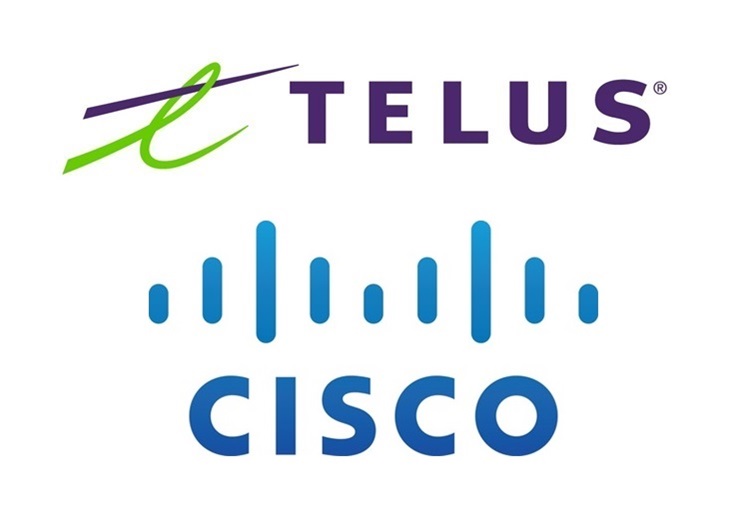
Cisco and Telus announced Monday they are launching new 5G capabilities in North America to serve IoT use cases across industry verticals, with a focus on connected cars.
“The network will serve as a foundation to support drive testing by a major North American automotive manufacturer’s 5G Connected Car, while setting the stage for enhanced experiences for customers and revenue opportunities for carmakers,” says an announcement made by Cisco at Mobile World Congress in Barcelona.
The name of the car manufacturer was not revealed in the press release. However, Telus and General Motors announced previously in September 2021 they had signed an agreement to connect future GM car models to Telus’s 5G network, starting with 2025 models.
Monday’s announcement from Cisco says the Telus Control Center powered by Cisco’s Mobility Services Platform, IoT Control Center, “can now support automated provisioning, dynamic policy, charging and quota management outcomes to launch new subscription services on demand, and manage SIM and vehicle lifecycle for any Connected Car OEM or enterprise.”
The collaboration enables connected car OEMs “to leverage TELUS’ high-performance wireless network to introduce 5G enabled telematics, infotainment applications and advanced network services, along with subscription Wi-Fi services to customers,” the release says.
“The collaboration also introduces OnDemand network slice creation, full-stack observability with service assurance and life cycle management capabilities in a contained lab environment, aimed at supporting advanced, mission-critical use cases in the future,” the release adds.
According to the announcement, Telus expects to onboard more than 1.5 million 5G standalone cars onto the Cisco IoT Control Center over the next several years, starting in 2024.
“As a global technology leader, TELUS prides itself on delivering the best in connected car capabilities, which is why we are excited to partner with Cisco,” Jodi Baxter, vice-president of 5G and IoT connectivity at Telus, said in the release. “We have Canada’s only dedicated IoT Core network and this partnership is an important step in supporting 5G Drive testing for vehicle manufacturers and transitioning LTE vehicles to our superior network, which will help create a safe and more connected experience.”
Another Telus partnership was announced at Mobile World Congress on Monday. Hewlett Packard Enterprise (HPE) announced Telus has selected HPE infrastructure for its 5G open radio access network (Open Ran) deployment, encompassing 3,000 sites across urban and rural communities.
Cartt previously reported on Telus’s plans to build a virtualized open RAN in partnership with Samsung, HPE and Wind River.
HPE’s announcement Monday says Telus will use HPE ProLiant DL110 Gen11 servers, which will provide the foundation for a distributed unit (DU) that is responsible for preparing data for transmission across the 5G network.
“HPE ProLiant Gen11 servers are purpose-built, ruggedized, and Network Equipment-Building System (NEBS)-compliant to enable an Open RAN solution,” the HPE release explains. “Providing a DU that frees TELUS from historical reliance on proprietary appliances enables the carrier to smoothly and flexibly integrate with other Open RAN 5G infrastructure components.”
In addition, the HPE ProLiant DL110 Gen11 servers use AI-enabled technology “to distinguish between periods of high and low utilization, putting under-utilized infrastructure into an idle state without compromising latency or RAN network availability,” according to the release. “The ability to optimize power consumption produces infrastructure power savings compared to existing Open RAN implementations.”
“We are excited to elevate mobile communications for Canadians through the integration of our 5G network with Open RAN, which offers unmatched flexibility and diversity in services,” said Nazim Benhadid, chief technology officer at Telus, in a statement. “Partnering with HPE, we are constructing a next-generation network that lays the foundation for continuous innovation and success for both our business and consumer customers. Moreover, this HPE solution not only meets the performance requirements but also plays a pivotal role in our commitment to reducing energy intensity per terabyte of data traffic by 50% by 2030.”


